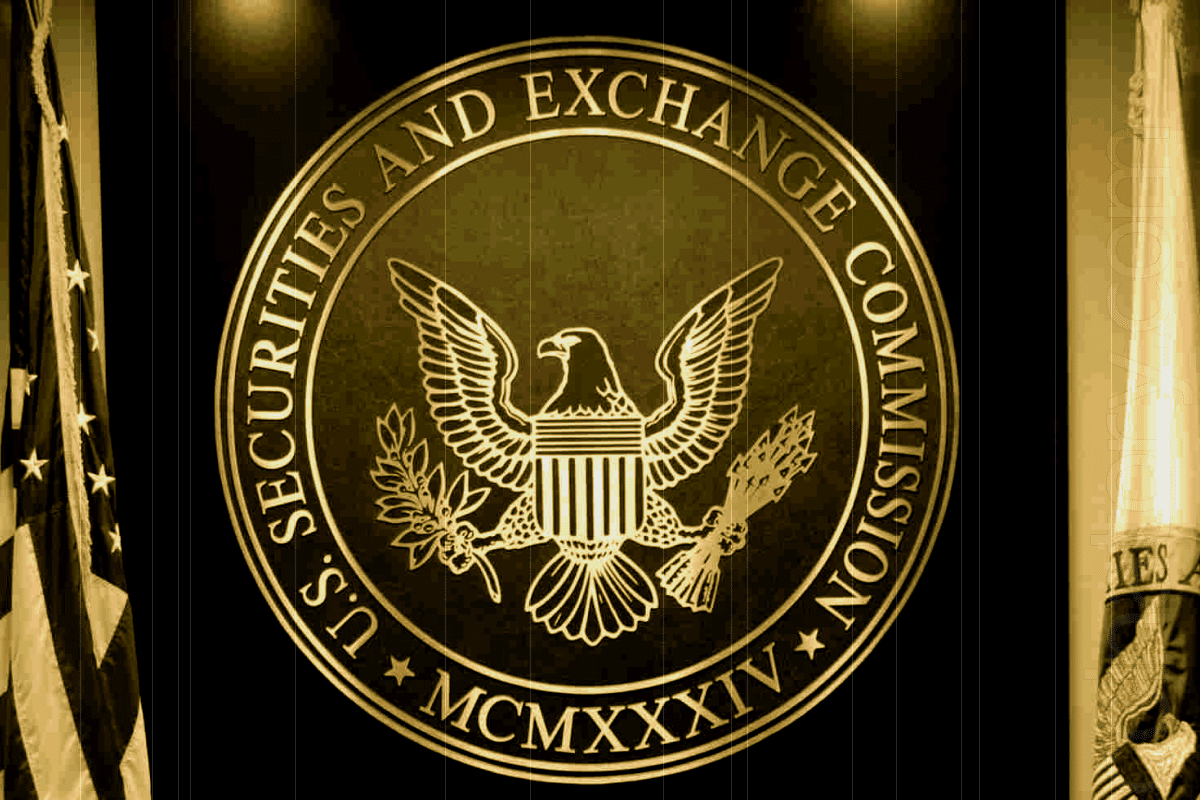
A U.S. District Judge has ruled that Kraken, a major cryptocurrency exchange, must face a lawsuit filed by the Securities and Exchange Commission (SEC), rejecting Kraken’s attempt to have the case dismissed. On August 23, Judge William H. Orrick of California found the SEC’s argument—that certain blockchain transactions on Kraken’s platform are investment contracts under the Howey Test—to be plausible.
The lawsuit, initiated by the SEC in November 2023, alleges that transactions involving cryptocurrencies such as Cardano, Polygon, and Solana qualify as securities. Judge Orrick’s decision supports the SEC’s stance that these digital assets likely fall within the scope of federal securities regulations.
This development follows a period of optimism among cryptocurrency advocates, who saw the removal of Solana from a separate SEC lawsuit against Binance as a favorable sign for altcoins like Solana. Despite this, Kraken’s legal battle signifies the ongoing scrutiny from regulatory authorities on cryptocurrency exchanges.
Kraken had filed to dismiss the lawsuit in May, arguing that the SEC’s claims were based on flawed legal language. However, the San Francisco federal court’s recent decision dismisses Kraken’s argument. In light of this, Kraken is reportedly considering options such as an initial public offering and additional fundraising initiatives.
SEC’s Stance Under Gensler
Under the leadership of Gary Gensler, the SEC has adopted a stringent stance toward the cryptocurrency industry. Many blockchain companies and crypto stakeholders criticize the SEC for what they perceive as a lack of clear regulatory guidelines and accuse the agency of using enforcement actions rather than providing transparent policies.
Gensler, however, argues that the digital asset market must adhere to existing securities laws. He has dismissed accusations of “regulation by enforcement,” maintaining that compliance is necessary for the sector’s integrity. Consequently, the SEC has launched lawsuits against major crypto entities, including Binance, Coinbase, Kraken, and Ripple.
Despite experiencing setbacks, such as a partial loss in the case against Ripple regarding XRP’s retail sales, the SEC continues to press forward with its legal actions. The crypto community often views these efforts as part of a broader initiative, sometimes referred to as “Operation Choke Point 2.0,” to reduce the presence of cryptocurrency in the U.S. financial system under the Biden administration.







